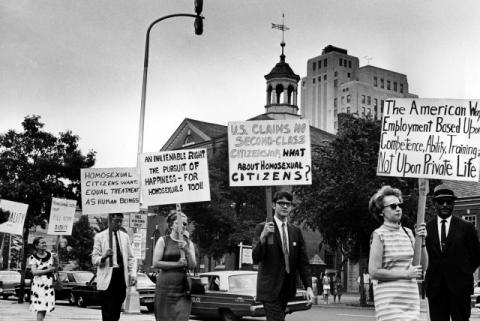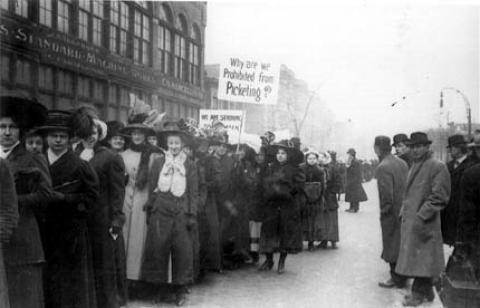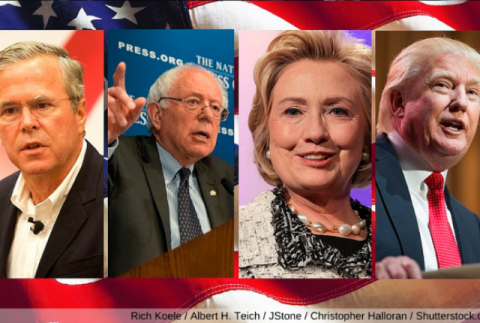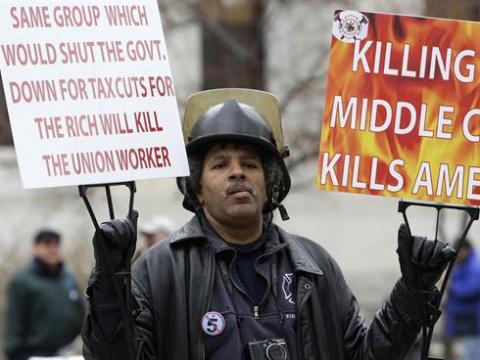Free College for All: An Idea Whose Time Has Come (Again)
The Indypendent

The ideology and practice of neoliberalism, resulting in rising inequality and the imposition of austerity policies, brings us to the national debate about whether it is appropriate for public funds to underwrite the costs of public higher education or whether higher education is essentially to be seen as a private good and an individual (or familial) responsibility.










Spread the word